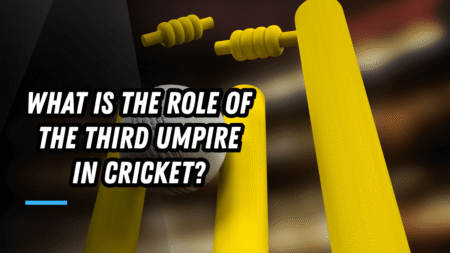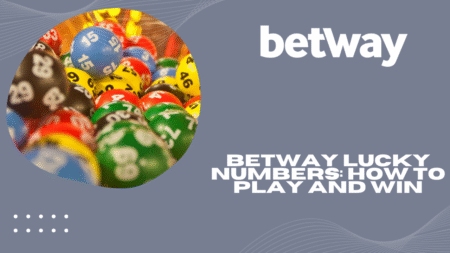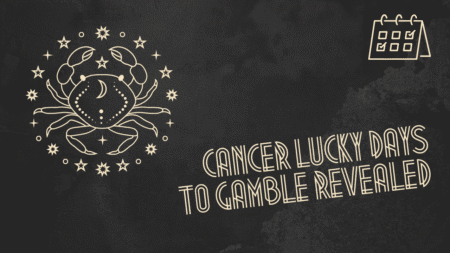

In the world of sports betting, success isn’t just about picking winners—it’s about finding value. A value bet occurs when the odds offered by a bookmaker are higher than the actual probability of an outcome occurring. Understanding this concept and learning to identify these opportunities can transform your betting approach from gambling to strategic investing.
Understanding Value Betting Fundamentals
Value betting is rooted in mathematical probability. When you believe an event has a 50% chance of occurring, but the bookmaker offers odds that imply only a 40% probability, you’ve found a value bet. The key is developing the ability to assess true probabilities more accurately than the market.
Professional bettors don’t focus on winning every bet—they focus on consistently finding situations where the odds are in their favor. This approach requires patience, discipline, and a deep understanding of the sports or markets you’re betting on.
Research and Analysis Techniques
Successful value betting begins with thorough research. Start by specializing in specific leagues, teams, or betting markets rather than spreading yourself too thin. Deep knowledge of player injuries, team dynamics, weather conditions, and historical performance patterns gives you an edge over casual bettors and sometimes even bookmakers.
Statistical analysis plays a crucial role in identifying value. Track key metrics relevant to your chosen sport—goals per game, defensive records, home and away performance, and head-to-head statistics. Many bettors overlook the importance of sample size; ensure your analysis is based on sufficient data to be statistically significant.
Market timing is equally important. Odds fluctuate based on betting volume and new information. Early odds often present better value opportunities before the market adjusts, while late odds might offer value if you have information the market hasn’t fully processed.
Developing Your Probability Assessment Skills
The cornerstone of value betting is accurately estimating probabilities. Start by creating your own odds for upcoming events before checking bookmaker prices. This practice helps develop your intuitive sense of probability without being anchored to existing market odds.
Use multiple methods to cross-check your assessments. Historical data analysis, performance metrics, and situational factors should all contribute to your probability calculations. Consider creating simple models or spreadsheets to standardize your evaluation process.
Keep detailed records of your predictions versus actual outcomes. This feedback loop helps you identify biases in your thinking and gradually improve your probability assessment accuracy.
Bankroll Management and Risk Control
Even with perfect value identification, poor bankroll management can destroy your betting edge. The Kelly Criterion is a mathematical formula that helps determine optimal bet sizing based on your edge and bankroll size. While the full Kelly can be aggressive, many professionals use fractional Kelly betting (typically 25-50% of the recommended amount) to reduce volatility.
Never bet more than you can afford to lose, and avoid chasing losses with larger bets. Variance is inevitable in betting—even value bets lose frequently. Your edge only manifests over hundreds or thousands of bets, not individual wagers.
Tools and Resources for Value Hunting
Modern bettors have access to sophisticated tools that can enhance their value-hunting abilities. Odds comparison sites help you find the best available prices across multiple bookmakers. Statistical databases provide comprehensive historical data for analysis.
Some bettors use automated alerts for specific odds movements or value opportunities, though developing manual skills remains important for understanding market dynamics.
Conclusion
Identifying value bets requires combining analytical skills, market knowledge, and disciplined execution. Success comes from consistent application of sound principles rather than seeking massive individual wins. Focus on building expertise in specific areas, maintaining accurate records, and managing your bankroll conservatively.
Remember that bookmakers are sophisticated operators with significant resources. Your edge comes from specialization, faster information processing, or market inefficiencies they haven’t addressed. Stay humble, keep learning, and let mathematics work in your favor over the long term.








